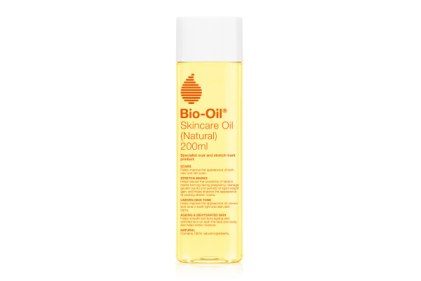 It is estimated that up to one in five people are affected by Irritable Bowel Syndrome (IBS), with more women than men being diagnosed.
It is estimated that up to one in five people are affected by Irritable Bowel Syndrome (IBS), with more women than men being diagnosed.
There is no test, scan or procedure that confirms you have it. IBS is a ‘diagnosis of exclusion’ meaning that other problems like Crohn’s or Ulcerative Colitis are ruled out first, and eventually you are left with the diagnosis of IBS.
It is defined as a chronic, relapsing, gastrointestinal problem, characterised by abdominal pain, bloating and changes in bowel habit. But there can also be mental symptoms such as mood swings, depression and anxiety. It is often said that the gut is our second brain, and this may explain the mental symptoms associated with IBS.
It would seem that IBS is not a disease but a disorder in the way the bowel functions. As a result, it is important to work out why your bowel is not functioning normally, and use nutrition and natural remedies to get your digestive system working properly again.
What causes IBS?
The exact cause of IBS is not known, but there have been a number of triggers suggested, such as:
-
A stressful event such as divorce, accident or bereavement.
-
A gastrointestinal infection or food poisoning, as research shows that a person is twice as likely to develop IBS after having an attack of gastroenteritis.
-
Taking a course of antibiotics, as it can increase the risk of developing IBS by more than three times. In fact, we know that children prescribed at least one course of antibiotics by the time they are four, are twice as likely to develop IBS.
-
Sensitivity to female hormones, as IBS symptoms can get worse during menstruation.
-
Sensitivity to a particular food or food group.

So what natural measures can you try?
1. Exclude irritants from your diet
Success rates from exclusion diets can range from 15-71%, and they do take quite a bit of commitment. Exclusion diets can exclude a number of different foods including processed meats, potatoes, citrus fruits, and gluten-containing grains like wheat, dairy foods, caffeinated drinks and alcohol. Research that looked at eight trials of exclusion diets for IBS found that in seven of them dairy products worsened symptoms, and that in five of them the culprit was wheat. Contact us at Glenville Nutrition if you’d like us to help you through an exclusion diet.
2. Reduce coffee
Coffee stimulates peristalsis, the wave-like muscle contractions that move food through the digestive tract. So with IBS, coffee should be avoided in order to reduce these contractions.
3. Increase flaxseeds
Flaxseeds (linseeds) can be very helpful for IBS as they have a very soothing affect on the digestive system. They are a good remedy for constipation used as whole seeds, but if used as ground seeds then they can be helpful for IBS in general (constipation or diarrhoea). The fibre in the seeds absorbs water and forms a soothing gel-like substance which can stabilise the passage of foods through the intestines, not too fast or too slow. Remember to drink plenty of water if you are using flaxseeds.
4. Don’t forget to chew well
The first part of digestion happens in your mouth, and how well the rest of the journey from your mouth to your anus follows depends on what happens in the mouth. The digestive enzyme amylase, which is present in saliva, helps to break down carbohydrates; so if these are broken down more efficiently in the mouth, there is going to be less fermentation lower down in the digestive tract.
5. Make friends with probiotics
Probiotics are the hot topic of the digestive health world, including IBS. Research has been mounting over the years to suggest that probiotics can be extremely beneficial in helping with IBS, as this quote from one of the medical journals shows: "Research has provided increasing support for the idea that disturbances of intestinal microflora occur in patients with IBS and may contribute to disease development and clinical symptoms". Increase your probiotic intake by eating natural yogurt, kimchi, miso or make your own using kefir. Alternatively, consider a supplement product.

Other nutrients that can help ease IBS symptoms include magnesium, found in leafy green vegetables; nuts and seeds, to help relax muscles and avoid cramps; or ginger, peppermint, fennel or licorice herbal teas, to help reduce flatulence and spasms.
We’ve supported lots of client with IBS at our Glenville Nutrition clinic, so book a session today by calling (01) 402 0777 if your IBS is affecting how you live.








